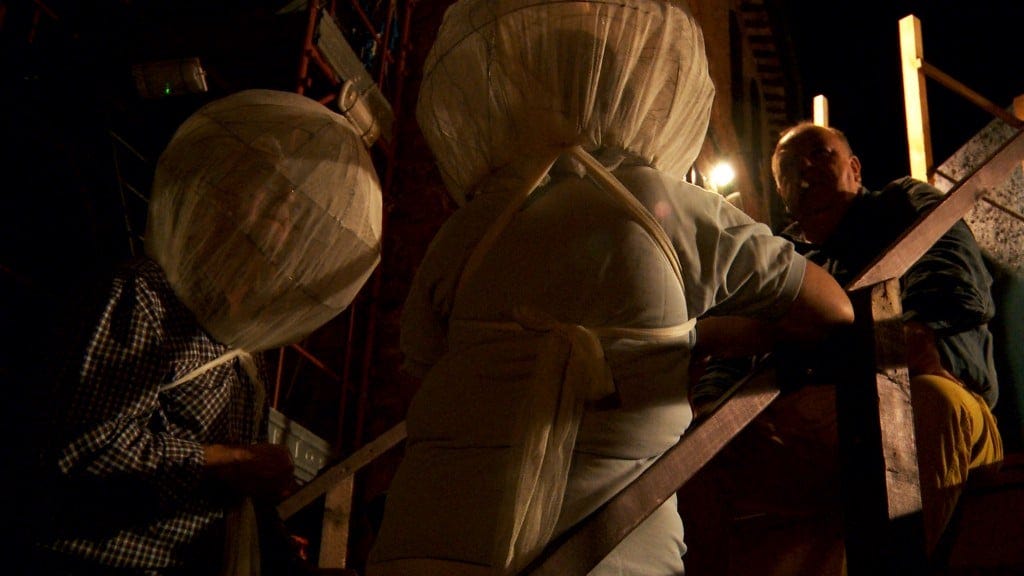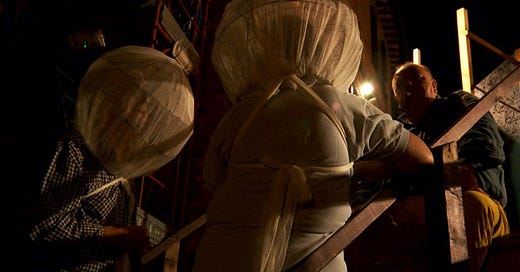‘Spettacolo’ is a Lifeless Film About Live Theater in a Small Italian Town
The director of ‘Marwencol’ gives us a behind-the-scenes ticket to the Teatro Povero di Monticchiello.

An early review of Spettacolo suggests the film is decades too late in showcasing the small Tuscan town of Monticchiello and its unique summer theatre tradition. That might have been true if the film was about Monticchiello and its unique summer theatre…
Keep reading with a 7-day free trial
Subscribe to Nonfics to keep reading this post and get 7 days of free access to the full post archives.



